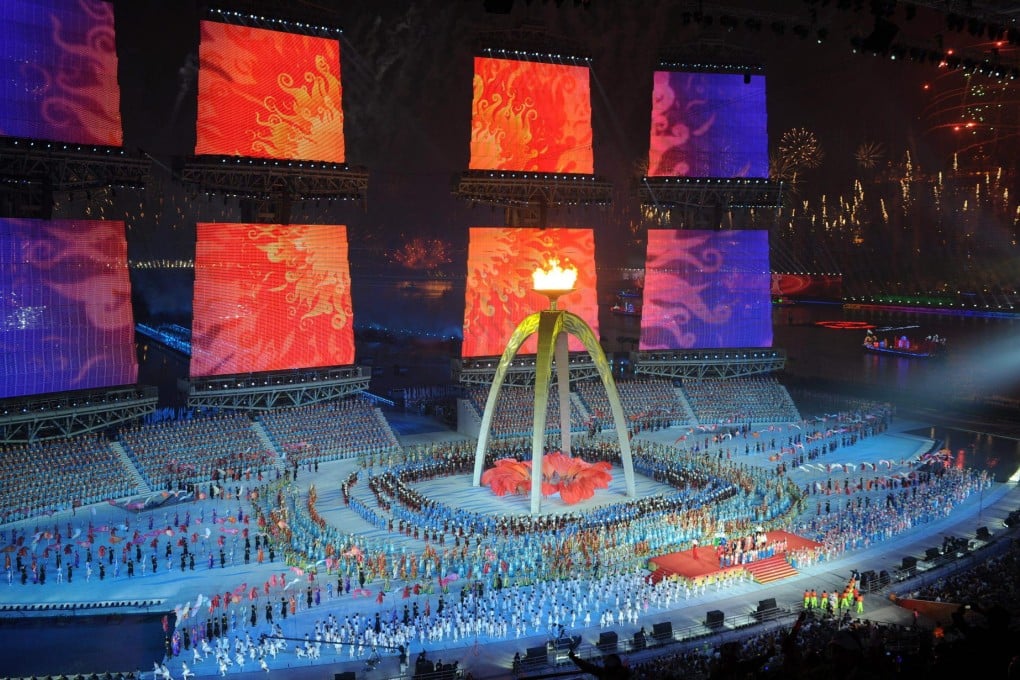Yangtze Briefing | Nanjing should think twice before bidding for Asian Games
Nanjing expressed an interest in holding the 2019 event after Vietnam pulled out, but would the billions be money well spent?

When Nanjing Communist Party chief Yang Weize told a press conference earlier this month the Jiangsu capital was interested in hosting the 2019 Asian Games after Vietnam withdrew, he exuded absolute confidence.
To Yang's surprise, the idea was met with a wave of online criticism. Commentators sarcastically suggested the party commence a pre-emptive anti-graft investigating of the confident Nanjing chief.
In the eyes of some taxpayers, senior officials tasked with managing such events always end up lining their pockets and moving up the political ladder.
And once the crowds and television cameras have departed, residents are stuck with billions in debt and "white elephant" facilities far too big for local needs.
The sporting community is still feeling the effects of the 2011 World University Games in Shenzhen, a fiscal fiasco by most accounts. City auditors determined the event generated 1.2 billion yuan (HK$1.5 billion) in revenue, a fraction of the 14 billion yuan spent on venue upgrades, security and extravagant opening and closing ceremonies. Liang Daoxing, the former Shenzhen deputy mayor in charge of the event, was expelled from the party following a graft investigation.
Just to the north, Guangzhou reportedly spent 120 billion yuan hosting the Asian Games the year before.

